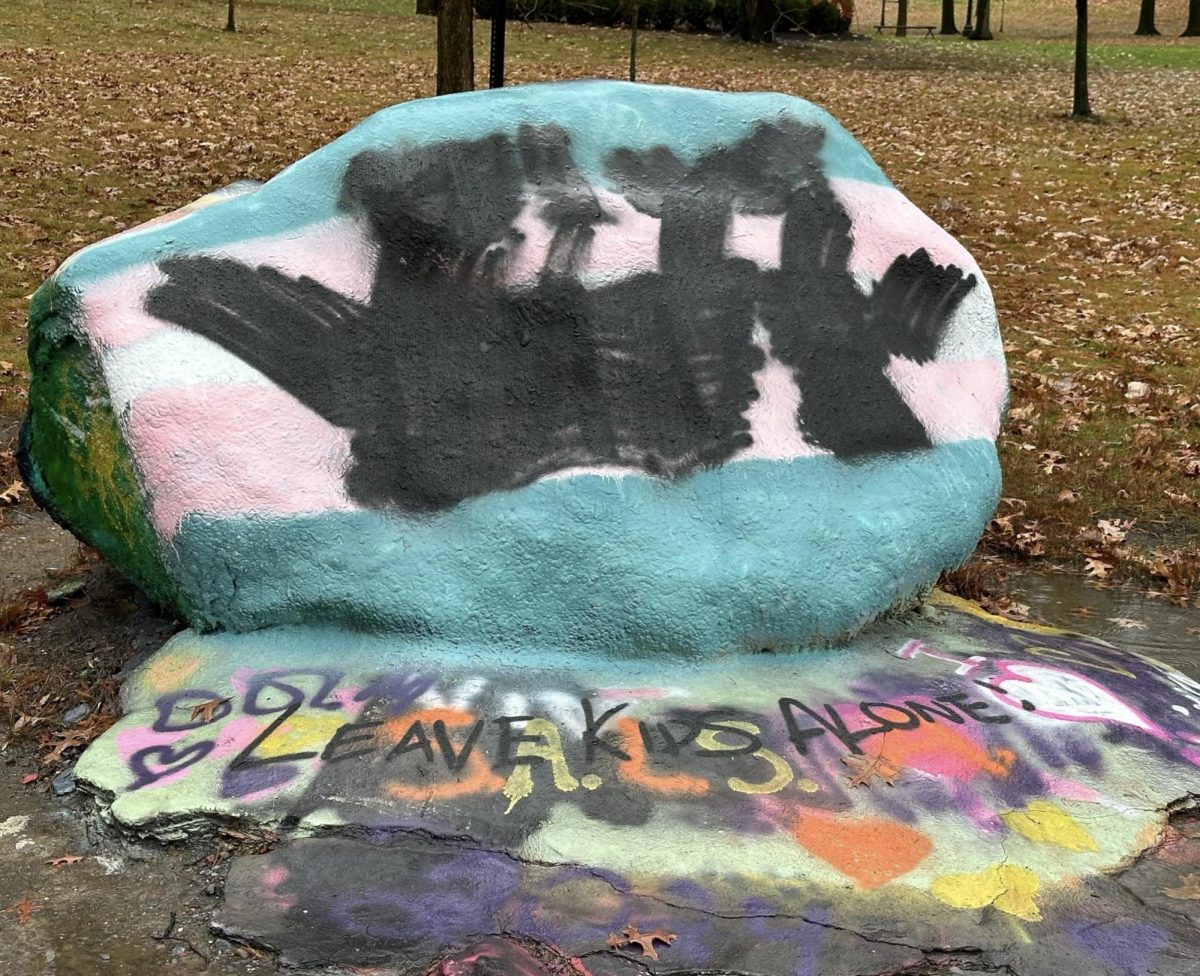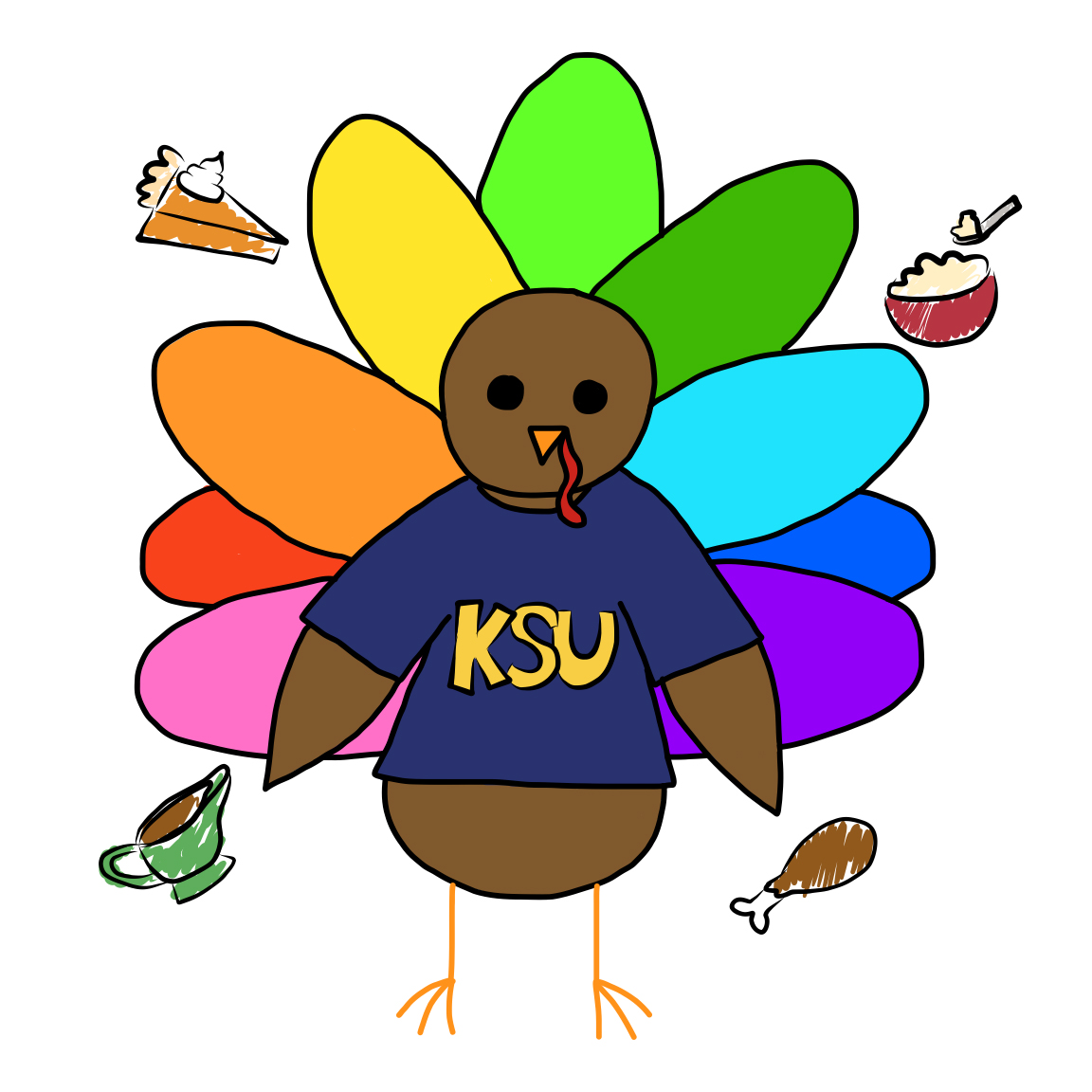Remote interviewing remains popular among employers even after the peak of COVID. A recent survey conducted by Indeed found 93% of companies that were surveyed intended to continue with remote interviewing.
Associate Director of Career Exploration and Development Joseph Giffen has used remote interviewing in his career for years but said he has seen the changes in interviewing post-COVID.
“People now have experienced the moments of, ‘I can’t get the PowerPoint to work, my audio is not working,’” he said. “I think that those moments have been normalized.”
Giffen said he has seen changes in some of the questions being asked during interviews. More questions are surrounding the use of technology.
“If you don’t have a certain level of tech skill, that’s a problem for many employers,” he said. “So, I’ve seen a lot more questions around that.”
Giffen also gave tips on preparing for an interview, how to answer questions and what to do after it ends.
Before an interview, Giffen recommends a person testing their technology. He also said a person should be be cognizant of what is in the background of their screen.
Even in a remote interview, attire is important, he said. Giffen said an interviewee should dress appropriately like they would for an in-person interview.
“There was a study done about people who interview with professional attire on top and then wearing something like shorts on the bottom,” he said. “They don’t take the interview as seriously.”
Giffen said there are many schools of thought around the best ways to answer questions. He personally doesn’t use the STAR interview method, which involves a person describing the situation, task, action and result of a situation they had to work through, but he said a lot of organizations subscribe to that method. Giffen said he wants his students to think about what the question is really asking.
Post-interview questions can let the interviewer know a person was engaged and interested in the conversation. Giffen recommended asking basic work culture questions to see if the company is a good fit. He said he also tells his students to ask questions about the next steps in the hiring process.
“The one thing I tell all my students, unless it’s addressed in some other form during the interview, is to ask what the next step in the hiring process is,” Giffen said. “It tells the committee that you are still interested in moving on to the next round.”
The Career Exploration and Development Center offers resources to students like drop-in sessions, resume and cover letter help and mock interviews to help students prepare.
Giffen said he always tries to hype his students up when working with them in these sessions. He wants to make sure they know they deserve the interview they are getting. Giffen said confidence is the most important thing when it comes to remote interviewing.
“The way that you see yourself in the interview sets the tone of the conversation,” Giffen said. “Go in with that confidence knowing that this is your moment, and you should be in this position.”
Chloe Wilson-Henline is a reporter. Contact her at [email protected].





